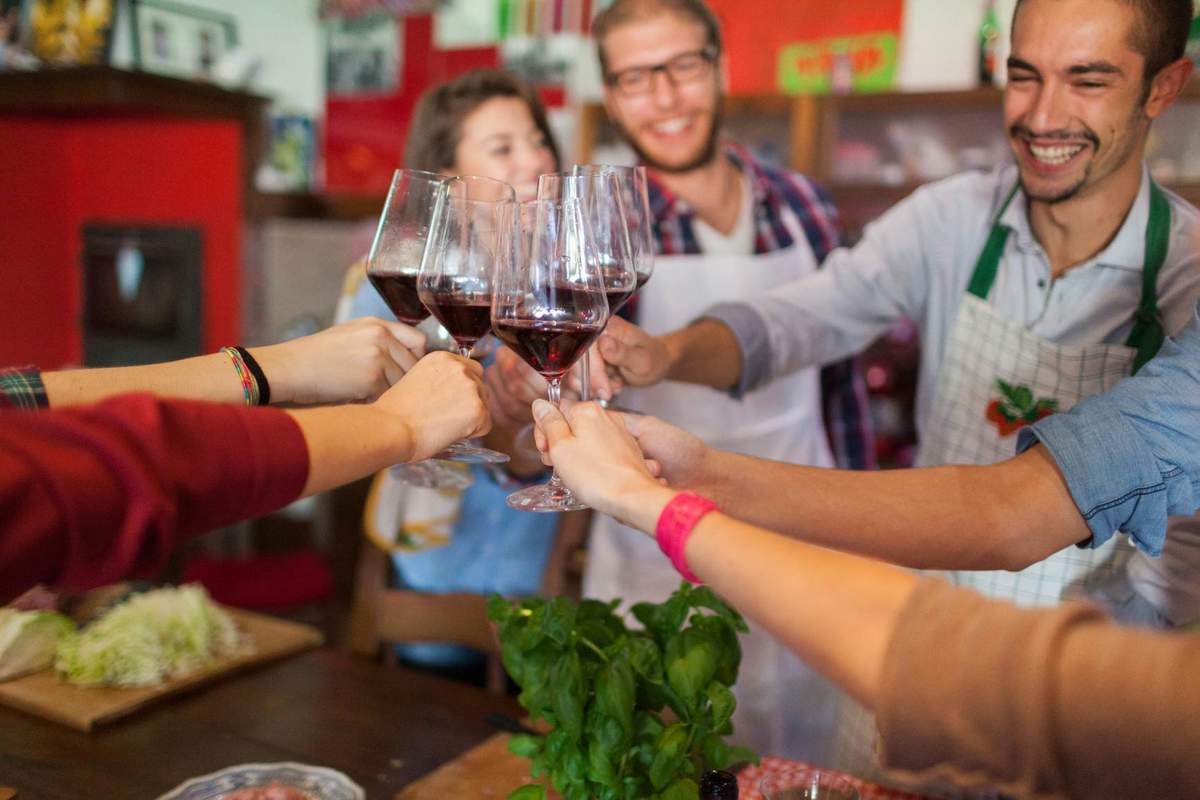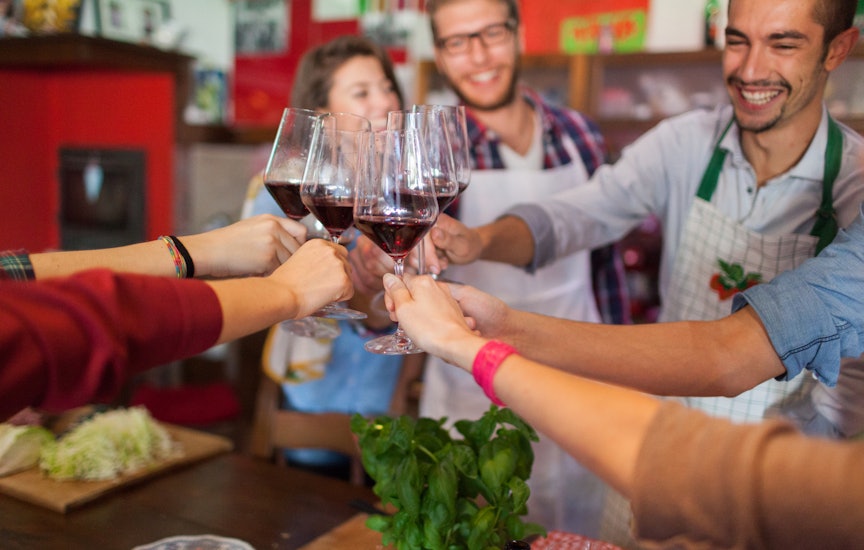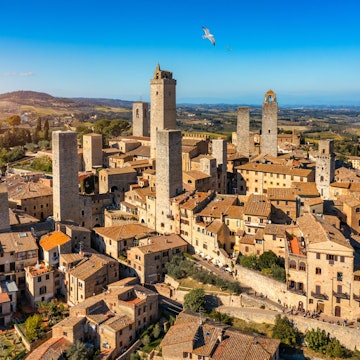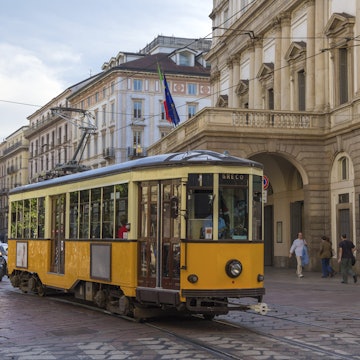

Dining on Piazza dell'Anfiteatro in Lucca, Tuscany. Paradise at risk/Shutterstock
Italians have a reputation around the world for not being especially attentive to regulations and laws. And while, like all stereotypes, that is partially true (particularly when it comes to driving or waiting in line), there are several unspoken rules you’ll find Italians adamantly sticking to and that immediately mark anyone who doesn’t follow them as a tourist.
Most of this etiquette is related to food and drink, so if you really want to act like a local as you visit Rome, Florence or Milan, here are the things to keep in mind.

1. A cappuccino is a breakfast drink
Cappuccino is a delicious drink, but one that has a very specific time limit for Italians. You’ll find them ordering a cappuccino (or "cappuccio”, as it’s also called) all throughout the morning, especially if they have time to sit down and chat for a while. But it’s no longer socially acceptable to order one once midday hits because, as a breakfast drink, it has no place later in the day. Funnily enough, though, you can order a macchiato (espresso with milk, so the same two ingredients that make up a cappuccino) anytime throughout the day and no one will question it in the slightest.
2. Wordless communication is part of the local culture
All those jokes and memes about Italians speaking with their hands are true and it’s probably one of the first things you’ll notice during a visit to Italy. Italians gesticulate constantly to accompany all kinds of conversations, and there are entire exchanges that can easily be replaced by a series of widely known gestures and looks. While it’s undoubtedly something peculiar to observe about Italians, it’s also a very real part of Italian culture and it should not be mocked – Italians, after all, do it to genuinely communicate with one another. To pass as a local try to keep the exaggerated gestures to a minimum and maybe research some of the most used ones beforehand to actually use in conversation, the way an Italian would.

3. Drink water, wine or beer with meals
When it comes to meals, Italians stick to three beverages only: water, wine, or beer. You’ll see red wine with meats and white wine with fish, for example, while beer usually goes with pizza. What you definitely won’t see (and so shouldn’t order if you don’t want to stick out) is sodas and juice (or even worse, coffee and other hot drinks), to accompany a nice plate of pasta. Kids do get a pass, though, and they can get a can of soda or iced tea whenever they want.
4. Most beverages don't come with ice
Something that might seem unusual to foreigners traveling to Italy is that the only drinks that are served with ice here are cocktails or other alcoholic beverages that include ice in their recipes. It’s never served with beer or – even worse – wine, but it’s also quite rare to see a glass of water equipped with ice. If you want something refreshing, then you can do like the Italians do and ask for your drink of choice dal frigo, meaning "from the refrigerator" and so pleasantly cool. While plenty of Italians love their water chilled, older generations believe that drinking something very cold when it’s scorching outside actually upsets the stomach and so prefer to order something fuori frigo, which means it has not been chilled.
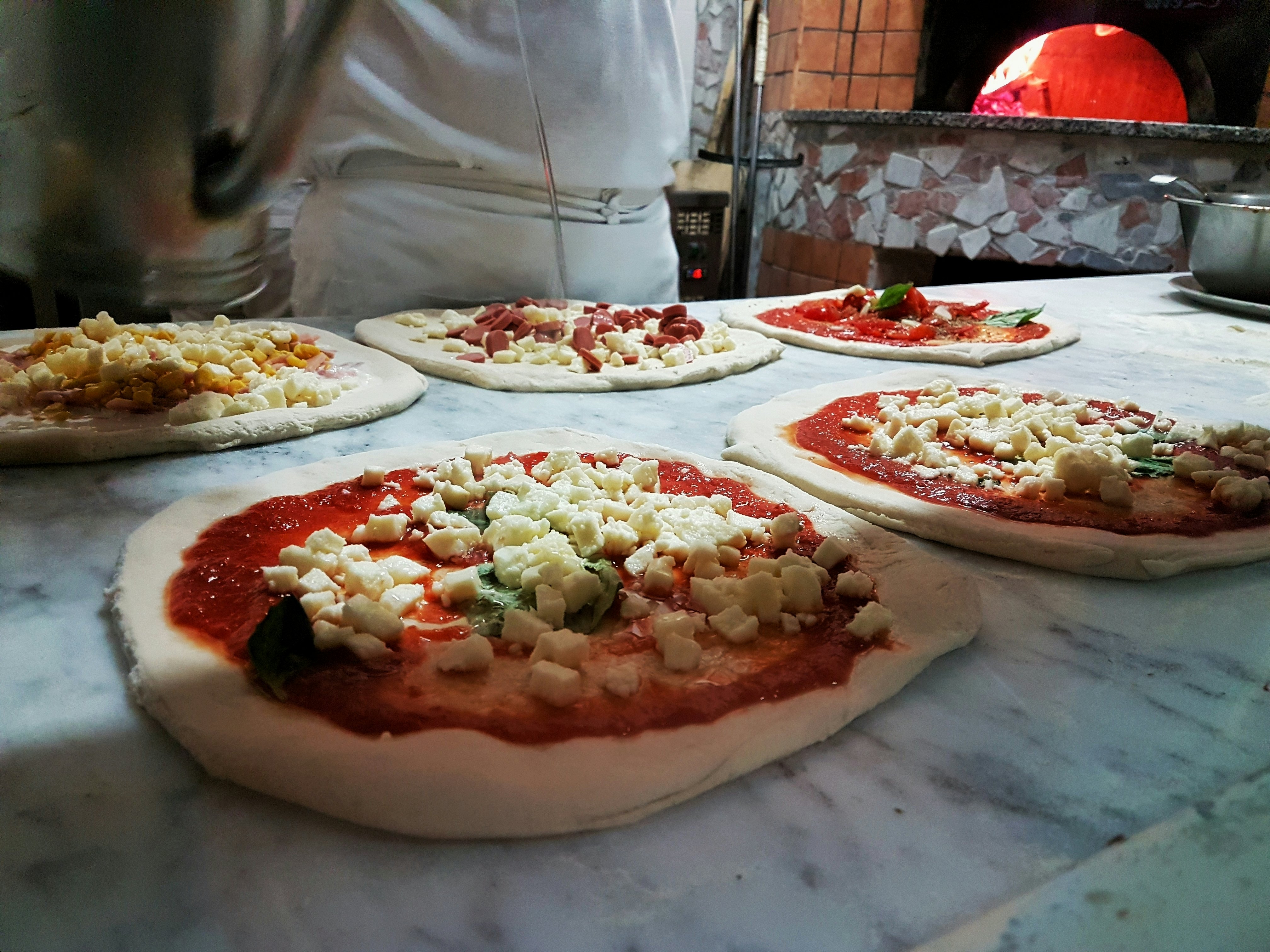
5. Pizzas are not for sharing
Pizza is an extremely serious subject to Italians. We have very strong opinions on what you should or shouldn’t put on it, how to cook it and eat it. And one of the many strong opinions we have is that the pizza-to-person ratio should be 1:1. Italians don’t share their pizzas, so if you want to act like an Italian you should order an entire pizza for yourself. We do, however, engage in the decades-old ritual of trading a slice of our pizza for a slice of someone else’s pizza to taste it, as long as the slices are of equal value, meaning of roughly the same size and with the same amount of toppings on it.
6. Good houseguests bring gifts
Hosting and being a house guest is an art in Italy, just as it is in other parts of the world. While everyone has their own set of rules when having guests over or being a guest, there is one that is shared by almost everyone in the country, that will immediately make you look comfortable and considerate should you ever be invited to someone’s house when in Italy – you must never show up empty-handed. Always bring something for the hosts when going to their place, be it for lunch, dinner, or a simple afternoon chat. Whatever guests bring will always be shared right away, so consider how many people are going to be there. A sweet treat like gourmet biscuits or savory snacks to enjoy before the meal proper are excellent choices.
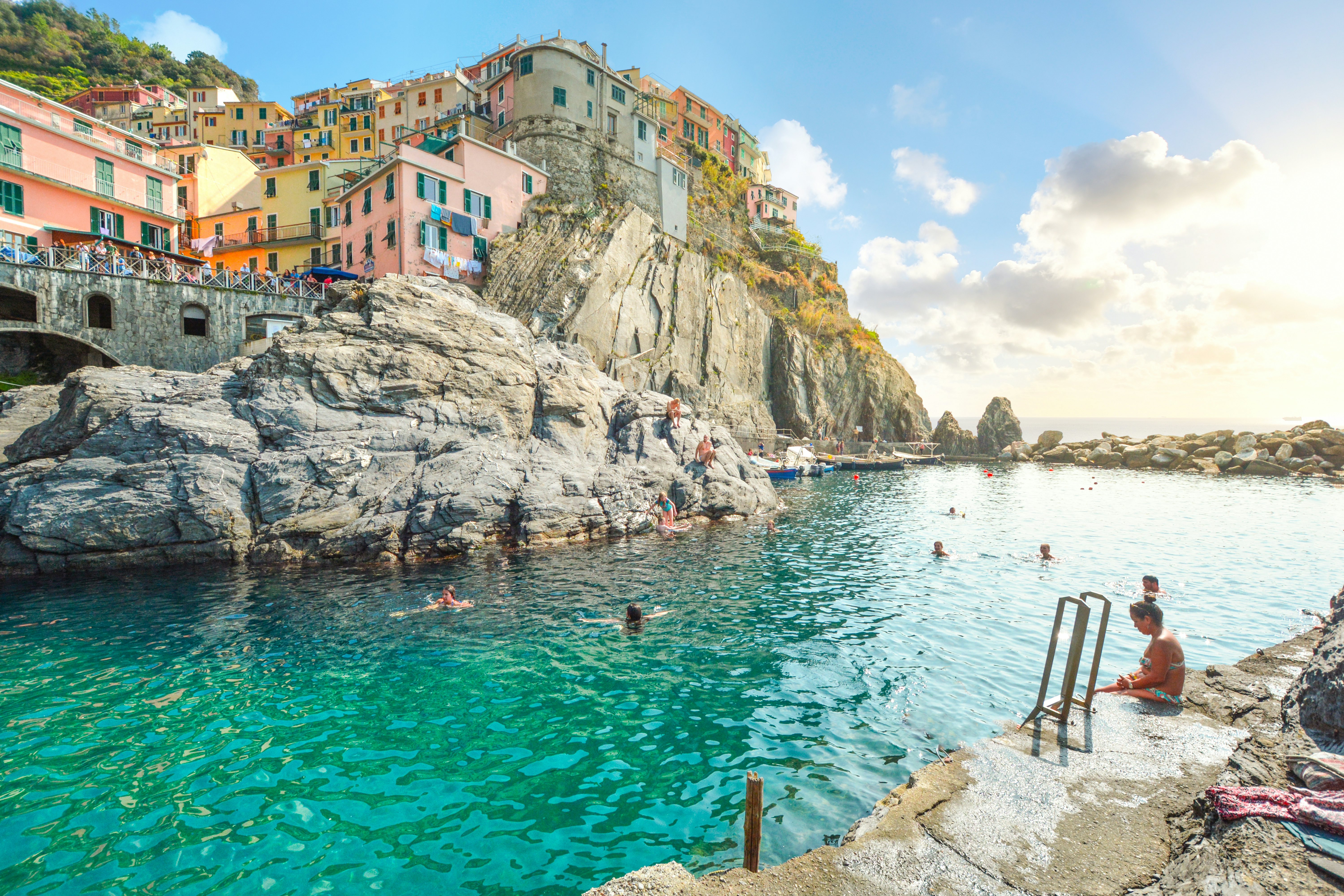
7. Dry your hair before going out
Maybe it’s because we tend to take showers at night rather than in the morning or because we’ve all had a grandmother who (loudly) reminded us to dry off our hair or we’d get sick, but Italians never go out with wet hair. It’s considered both unkept and risky since you might catch a chill standing outside with a whole head of barely toweled-off hair. So if you walk around with wet hair, even in the scorching summer heat, you’ll gather more than a few shocked looks. The only exception, of course, is if you’re in a seaside location – everyone will just assume your hair is wet from the sea, which is perfectly acceptable.
8. Be a customer to use a bathroom
Public toilets aren’t that common in Italy, which might be an issue when spending long days out exploring this or that architectural marvel in any given city of the Bel Paese. The ones that are there aren’t always the cleanest – except those in major railway stations – and Italians don’t particularly use them. If you find yourself in need of a bathroom, then do as the the locals do and walk into a bar to use theirs, but remember to buy something beforehand. It doesn’t necessarily have to be anything major, a simple coffee or bottle of water will suffice to mark you as a customer who can then use that particular establishment’s bathroom.

9. Take it slow at mealtimes
Unless you find yourself at a fast-food restaurant, lunch and dinner service in Italy isn’t as quick an affair as it is in some other parts of the world. When eating out, Italians like to slow things down, enjoy their meals, and spend a considerable amount of time just chatting and catching up with whomever they’re sitting down with. Service reflects that, so don’t be surprised if waiters don’t pay too much attention to you besides taking your orders and bringing your food, or they don’t check in with you to ask you how everything is going. They’re not being rude, they’re just following Italian expectations. So take it slow yourself and simply gently wave to catch their attention whenever you need something, like an extra bottle of water or the bill.
10. Money isn't a subject for casual conversation
Italians, as a rule, don’t like discussing money in public. You might hear them approach the subject in very broad terms, but you won’t catch them spilling out actual numbers about what they make or spend. This type of talk is reserved for very close friends or family members, and even then it’s still considered a serious conversation topic rather than casual chatter. So it’s probably best to avoid the matter altogether and move to something else – like football. Not to prove too many stereotypes true, but everyone here always wants to talk about football.






